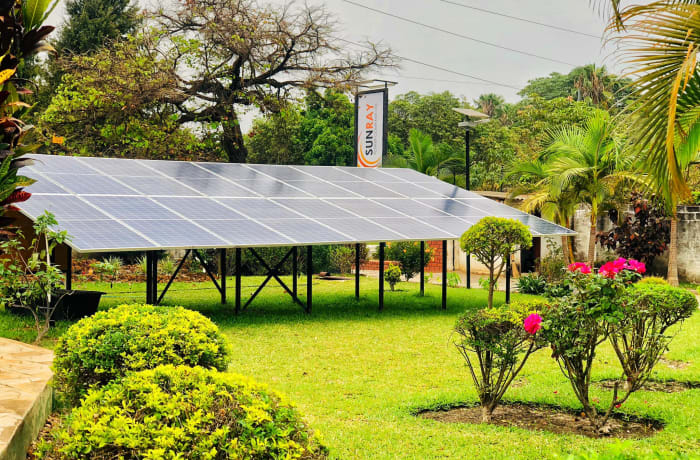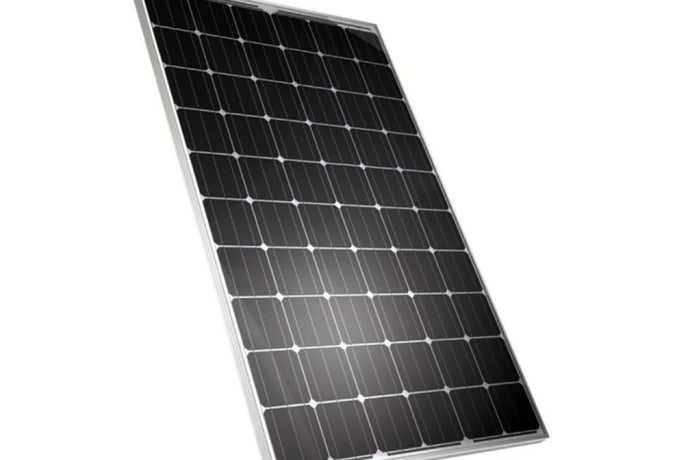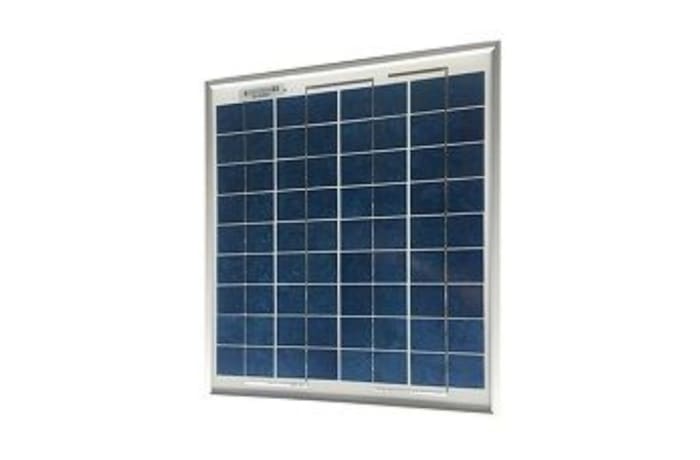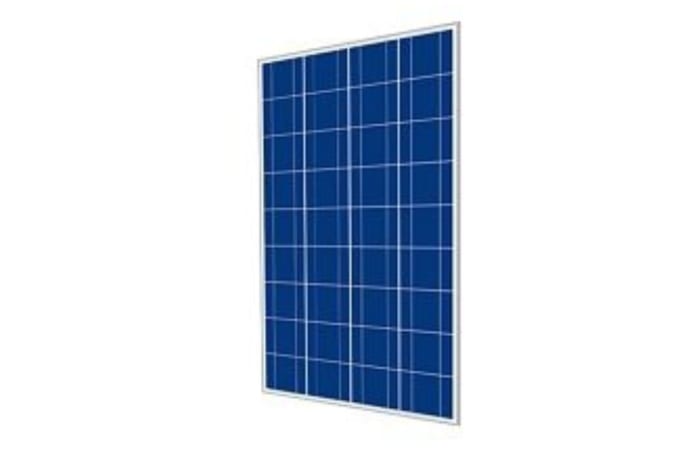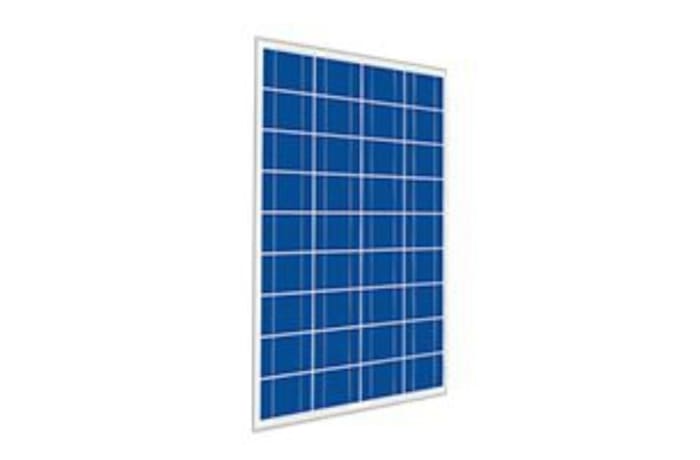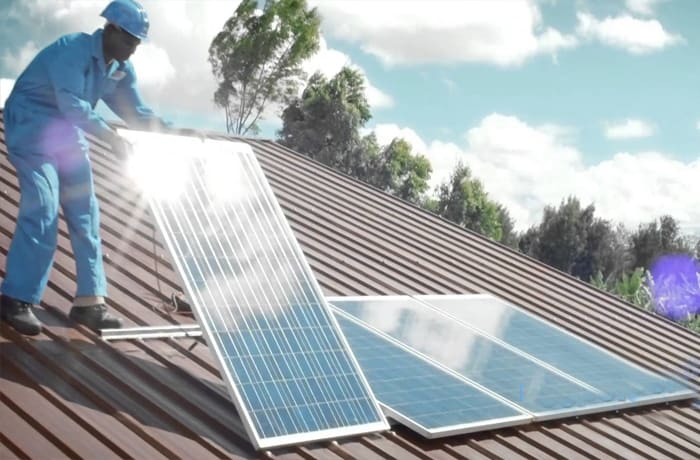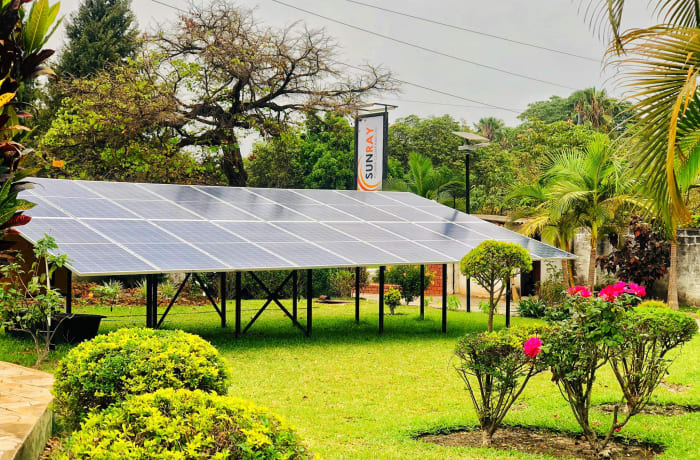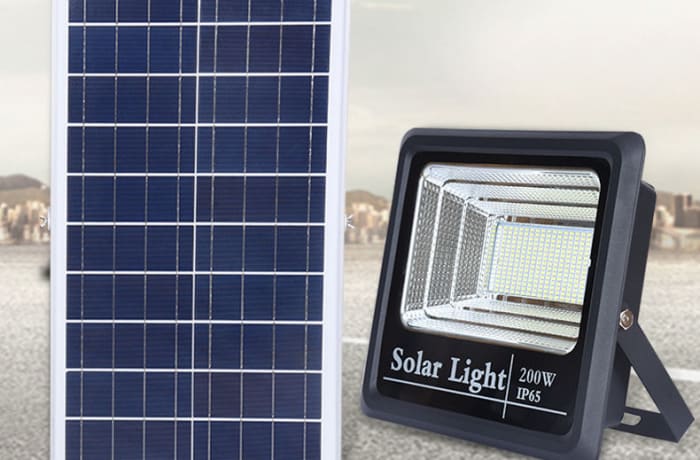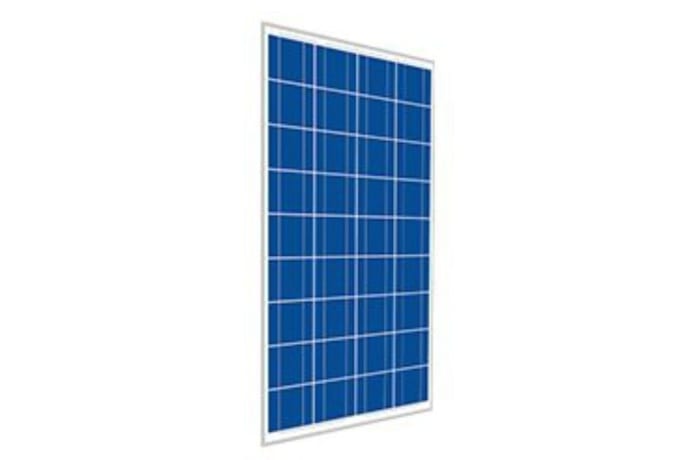
Cinco 100w 36 Cell Poly Solar Panel off-Grid
Buy online
Further information
The "36 cell" designation refers to the number of cells that make up the panel. Solar cells are the individual units that convert sunlight into electricity. The cells are typically made of silicon, and they are connected together in a series to form a panel. A 36 cell panel is generally smaller than a 72 cell panel, which is commonly used in grid-tied solar systems.
The "poly" in poly solar panel refers to the type of silicon used in the cells. Poly panels are made from polycrystalline silicon, which is less expensive to produce than monocrystalline silicon, but is also slightly less efficient.
A 100 watt panel can produce up to 100 watts of power under ideal conditions, which include direct sunlight and optimal panel orientation and angle. However, in real-world conditions, the amount of power generated may be less than 100 watts.
When using a 100 watt 36 cell poly solar panel for off-grid applications, it is important to pair it with a compatible charge controller and battery bank. The charge controller regulates the amount of power flowing into the batteries to prevent overcharging or undercharging, while the battery bank stores the energy for use when the sun is not shining.
